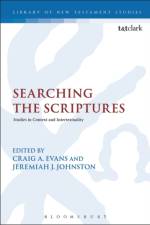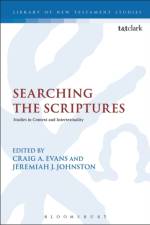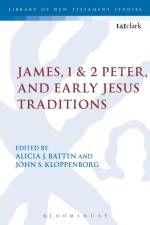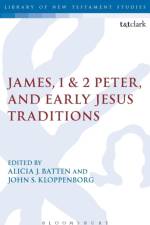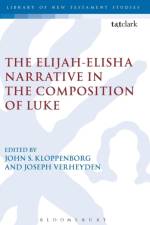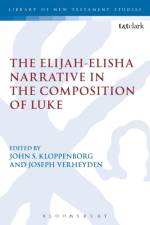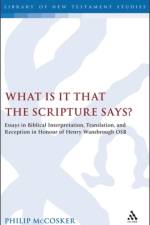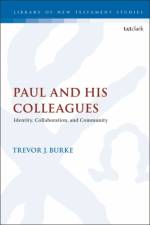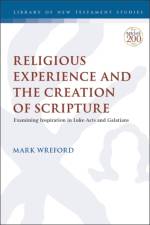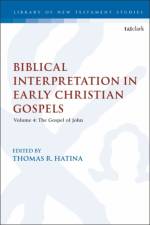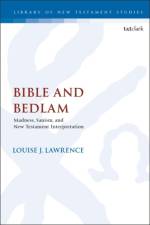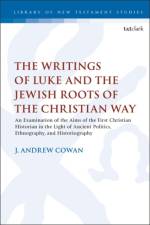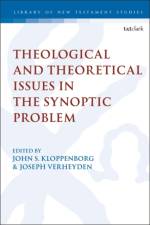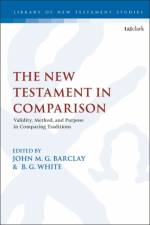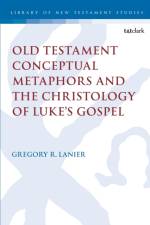- Identity, Collaboration, and Community
av Dr Trevor J. (Cambridge Theological Federation Burke
1 379,-
Trevor Burke considers Paul's colleagues and their different relationships with Paul, whether as equals, subordinates, and whether well-known or obscure, tracing how Paul refers to those with whom he associated in his letters. Burke examines these different figures in Paul's life in depth, including the remarkably large number of women mentioned, and shows how they played key roles through a range of activities in helping establish and maintain Paul's communities, including, preaching, teaching, visiting, baptizing, and the co-authoring of his letters. Burke employs a sociolinguistic approach to understand Paul's social relations, arguing that the language Paul uses in his letters is the means whereby he constructs his social network. That is, Paul does not need to use a title (e.g., 'apostle') to indicate his role and function or that of his colleagues; rather, he 'grammaticalizes' social relations in his letters through his deliberate choice of lexeme (e.g., proper noun) and syntax (e.g., secondary clause) which signifies the value and contribution-and at times disapproval-of those with whom he joined forces.

